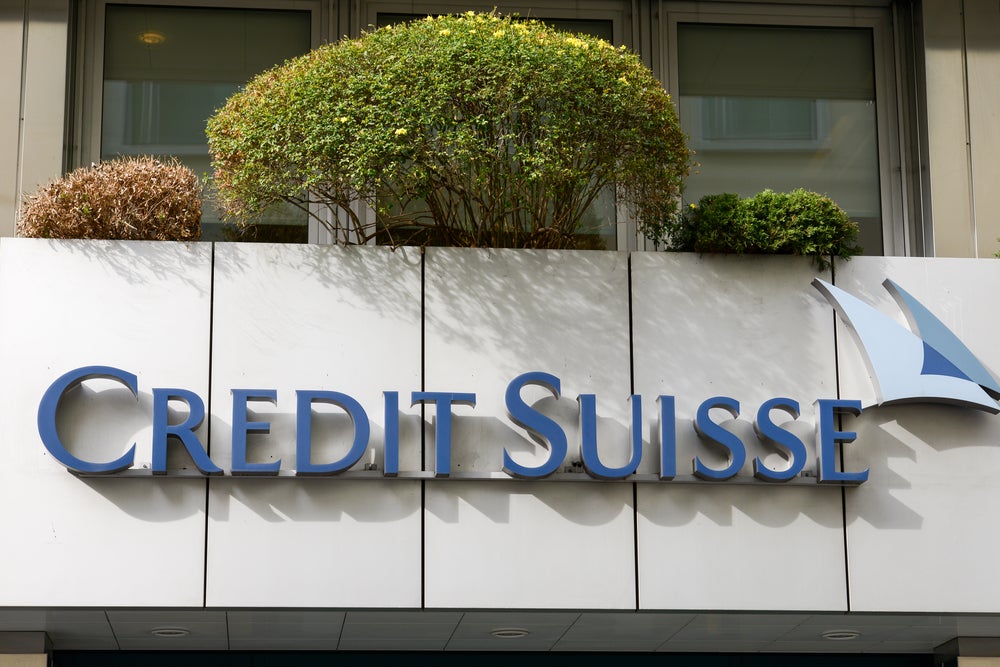
Credit Suisse reportedly scrapped its complete exposure to the debt-ridden Chinese developer Evergrande late last year.
The Swiss investment giant was once a major underwriter of Evergrande bonds, arranging $4.6bn of dollar bonds for the Chinese firm in the last decade.
However, it did not underwrite any debt in the last two years due to the concerns over the developer’s financials, Financial Times reported citing people familiar with the matter.
According to sources, Credit Suisse sold its own residual exposure within the investment bank because ‘it didn’t like what it was seeing’.
At least $4.2bn of the bonds arranged by Credit Suisse are said to be still outstanding.
They were sold to counterparties including asset managers, hedge funds as well as the firm’s ultra-wealthy private clients.
How well do you really know your competitors?
Access the most comprehensive Company Profiles on the market, powered by GlobalData. Save hours of research. Gain competitive edge.

Thank you!
Your download email will arrive shortly
Not ready to buy yet? Download a free sample
We are confident about the unique quality of our Company Profiles. However, we want you to make the most beneficial decision for your business, so we offer a free sample that you can download by submitting the below form
By GlobalDataThe possible default of Evergrande is anticipated to wipe out these entities.
The sources told the publication that the Swiss investment giant has been suspicious about the Chinese developer for at least three years now.
One incident that came up to the senior management was a proposed loan to the company’s chair, Hui Ka Yuan, in late 2018.
Yuan then approached Credit Suisse for a loan that would be used to buy Evergrande securities, offering bonds as a collateral.
The move was criticised by risk managers for having the characteristics of circular financing, when the transaction came under review.
Credit Suisse, which rejected the loan, started to narrow its investment banking tie-up with Evergrande soon after, according to the people aware of the incident.
Evergrande did not comment on the news.
While Credit Suisse’s decision to dump Evergrande exposure may is expected to save it from significant losses, the past ties are likely to result in fresh trouble for the scandal-hit firm.
Last week, Credit Suisse told its investors that it is not an existing lender to Evergrande and have no direct lending exposure to the developer.







